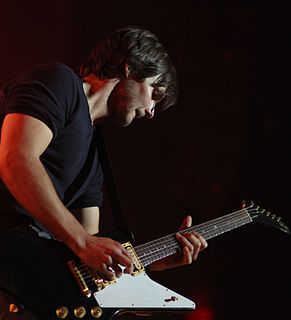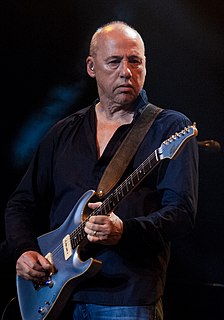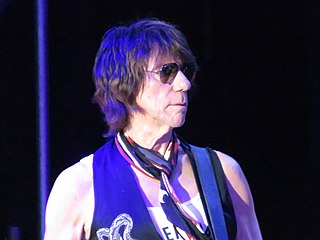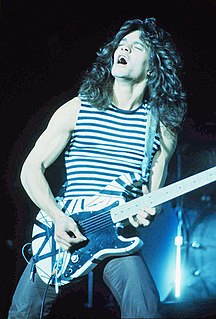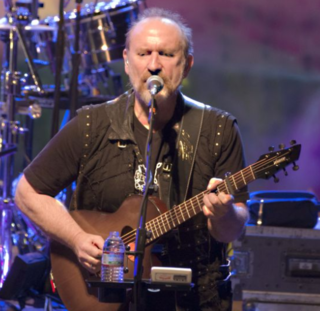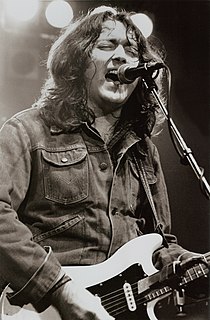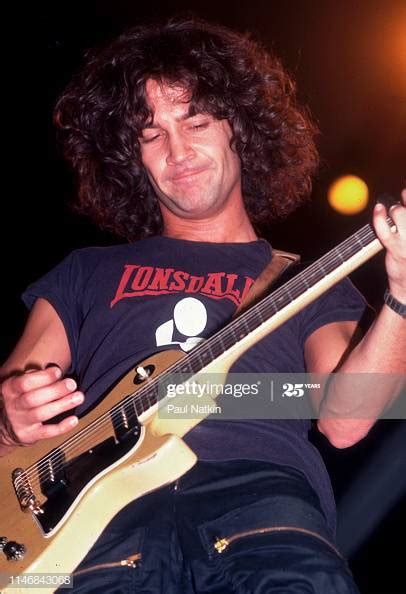A Quote by Lee Ranaldo
I'm so used to knowing what to do with an electric guitar and amplifier, but with an acoustic guitar, it's different, but I still have an amp and a whole bunch of pedals.
Related Quotes
When I'm at home or in the studio, I have a 1963 Martin. It's a D-28, and I love that guitar. I write on that guitar, and it's the first guitar that I put a pickup in and ran through an amplifier, splitting the signal to the amplifier and a DI or in the studio mic'ing it traditionally and putting an amp in the other room.


